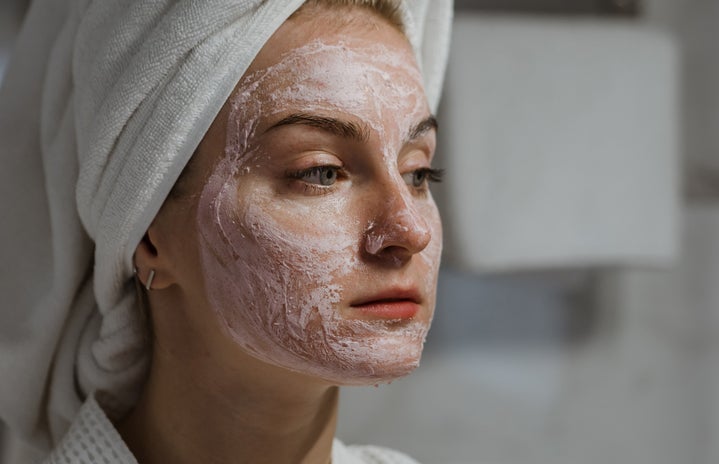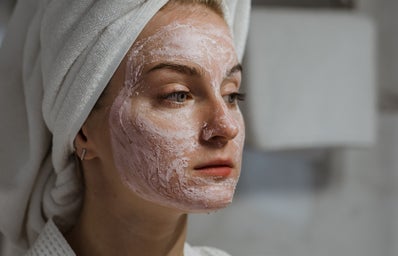The concept of self-care has been on the rise for many years now. The media is full of celebrities and influencers endorsing the benefits of ‘self-care’ items, ranging from crystals to bath bombs to face masks. We are taught to believe that self-care is an individualized act that entails the use of product consumption; that a hot bath with essential oils are the solution to all our problems. These activities, while they seem mundane and non-consequential, have been ingrained into our brains as the optimal form of self-care.
While the benefits of a relaxing night in or a self-pamper session stands without question, I’m concerned with this being deemed the be all or end all solution to our problems. Sure, a good face mask with my favourite movie does wonders at the moment, but this one face mask and a cheesy rom com is a way of sweeping bigger problems under the rug. The stress seems to temporarily fade, when in reality it’s dormant, waiting to creep up on me when least expected.
This process of self-care seems to have become a cycle of superficial remedies, where we solve our problems for just enough time to remain sane until we are hit by the next wave of stress and anxiety. Our lives have become a race and we’re all competing with ourselves. To be the best version of yourself means staying on top of academics and extracurriculars, all while keeping your physical and mental wellbeing intact – and the only way to do this is to keep on pushing forward. This culture of prioritizing your future over your present not only stems from community induced pressure, but is one of the root causes of stress for university students. Many students, myself included, will binge Netflix as a treat and temporary reprieve from our stresses. Lying in bed, I’ll often choose not to think about my problems and fully focus on the episode of Friends I’ve watched a million times.
Certainly, our approach to self-care has shifted from being mindful of oneself and one’s actions, to implementing quick and temporary solutions. Yes, de-stressing with a relaxing activity is helpful, but only when there is prior mindfulness to one’s circumstances. We can’t begin to start our journeys of self-care if we fail to first acknowledge what we are experiencing. And we can’t begin to remedy these struggles if we don’t look at them from a societal standpoint.
These struggles stem from a common system we are all a part of. The problems we face are not unique to us, but rather are shared by many others within our community. I believe that we need more open conversations about the challenges we face as a community, and how they influence our personal health. In addition to taking a long bath, going on a walk, or whatever individual act helps relieve your stress, we need to think of our individual problems as community problems. For example, by understanding the root causes of stress in university students, we can begin creating a system that better addresses these problems and has meaningful, long-lasting impacts.
We are stronger together than apart. As suggested by Aisling McCrea in her article about the fallacies of self-care, we need to work as a community to address the things that are causing us to turn to commercial practices of self-care. By helping our community, we can begin to help ourselves, and eventually reap the true benefits of self-care.


